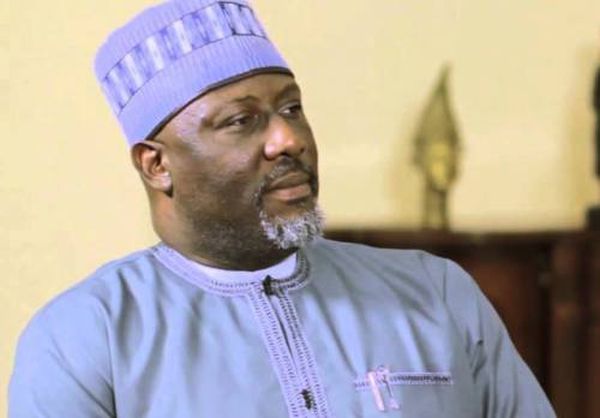The International Monetary Fund has said about 15 per cent of low-income countries are already in debt distress.
In a new report titled ‘Confronting fragmentation where it matters most: Trade, debt, and climate action’, the IMF said an additional 45 per cent of the population is further at high risk of debt distress, according to Nairametrics.
The reported stated that debt is a challenge in many countries, and fragmentation will make it harder to resolve sovereign debt crises, especially if key official creditors are divided along geopolitical lines.
The IMF noted that about 25 per cent are at high risk and facing default-like borrowing spreads among emerging markets, a report by Nairametrics says.
The monetary body said that there were signs of progress on the Group of Twenty’s Common Framework for debt treatment.
It said while Chad recently reached an agreement with its official and private creditors, Zambia was progressing toward a debt restructuring. Ghana also reportedly became the fourth country to seek treatment under the Common Framework, sending a signal that it had seen as an important pathway for debt resolution.
According to the IMF, countries seeking debt restructuring under the Framework will need greater certainty on processes and standards, as well as shorter and more predictable timelines, reports Nairametrics.
For countries not covered by the framework, however, the report partly said, “To support these improvements, the IMF, World Bank and Indian G20 presidency are working with borrowers and public and private creditors to quickly establish a global sovereign debt roundtable, where we can discuss current shortcomings and make progress to address them.
“These and other pragmatic actions, such as further progress on majority voting provisions in sovereign loans and climate resilient debt clauses, can help improve debt resolution. That would reduce economic and financial uncertainty while helping countries get back to investing in their future.”





2 Comments